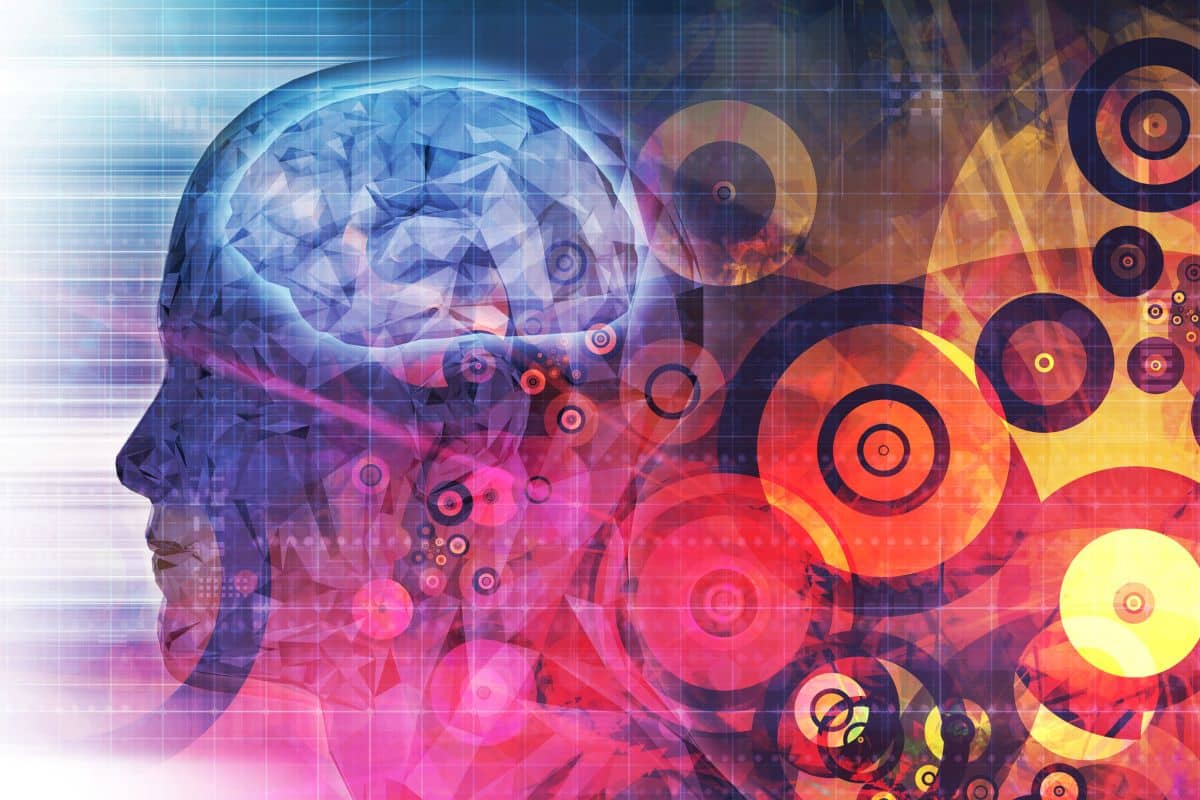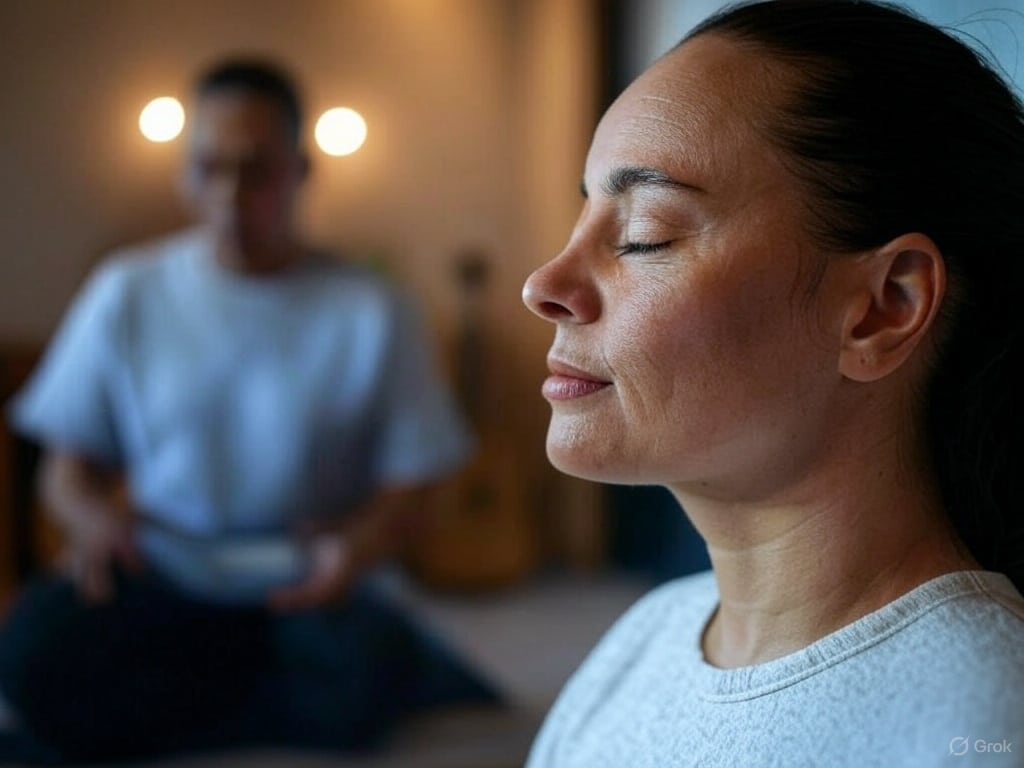The rising field of holistic health seeks to combine conventional medical knowledge with intuitive perceptions. Its principle advocates claim that detailed information about a person’s health can be discerned by tuning into the energy systems or frequencies of their body. This concept may sound like the stuff of science fiction, but notable pioneers in this field, such as Caroline Myss and Dr. Norm Shealy, have demonstrated that medical intuition plays an impactful part in holistic medicine and pain management.
The Science Behind Medical Intuition
The science behind medical intuition is based on the premise that the human body has an intricate energetic system that can be influenced by our emotional and mental states. These energies, if understood and harnessed correctly, can be used to identify, understand, and in some cases, address health problems. This principle posits that physical illness is often a manifestation of underlying emotional and psychological factors. Medical intuitives‘ aim is to identify these underlying issues, which, once addressed, can pave the way for healing.
In order to understand the possible scientific grounding of medical intuition, one needs to consider quantum physics – specifically, the principle of bioenergetics and quantum entanglement. According to quantum entanglement, two particles can be intricately linked, and the state of one can directly affect the state of the other, regardless of the distance between them. This scientific principle, albeit primarily studied in physical science, provides an interesting premise for how intuitive healers might be able to sense and alter an individual’s energy.
The Role of Caroline Myss and Dr. Norm Shealy in Medical Intuition
When exploring the science and impact of medical intuition, it’s impossible to overlook the notable contributions of Caroline Myss and Dr. Norm Shealy. Caroline Myss, a celebrated medical intuitive and five-time New York Times bestselling author, is renowned for her work in energy medicine and human consciousness. Dr. Norm Shealy, on the other hand, is a prominent neurosurgeon and developer of pain management techniques. Their collaboration has resulted in significant advances in understanding the efficacy of intuitive healing.
Through their collaborative research, Myss and Shealy demonstrated the clinical accuracy of intuitive diagnoses for a variety of health concerns. They affirm that by focusing on the mental, emotional, and spiritual dimensions of a patient’s wellbeing, this intuitive approach can provide a fuller understanding of the root causes of disease and illness. Their works spearheaded the acknowledgment of medical intuition as a valuable tool in healthcare.
A Future of Intuitive Healing?
While significant strides have been made in understanding medical intuition, the field remains complex and controversial within mainstream healthcare. Skeptics, especially in the occidental world argue that such intuition-based practices lack rigorous scientific evidence. However, as methods and technologies evolve and researchers like Myss and Shealy bring new insights, medical intuition may become more widely embraced. Those practices have been known for milleniums in eastern countries and shamanic cultures sur as Siberia and Amazonia and often lead to life changing insights.
The future of healthcare will witness a blend of conventional medicine with practices such as intuitive healing, considering the rising trend towards holistic and personalized treatments. There is certainly an intriguing science behind the practice of medical intuition, and a compelling case for its place in medical care providing a rich and nuanced understanding of our interconnected body, mind, and spirit.
Considering the amount of nurses, doctors and surgeons who are attending intuitive sessions for themselves in the occident (this is already recognized and used in eastern countries), there is no doubt that there is something big coming towards conventional medicine, and that is about to change the world of healthcare… Some of the biggest American hospitals (over 1000!) are using energy work such as Reiki as a regular practice (source : https://www.integrativehealthcare.org/mt/hospital-based-reiki-and-documentation/ )
Why can’t we say Medical Intuitive Healer?
The term “medical intuitive healer” is controversial within both the medical community and among skeptics for several reasons. Firstly, the term “medical” implies a scientific, evidence-based practice, which intuitive healing does not adhere to. Medical professionals are trained rigorously in anatomy, physiology, pharmacology, and other sciences, backed by clinical research and peer-reviewed studies. In contrast, “intuitive healing” relies on the practitioner’s claimed ability to sense or intuit health issues without conventional diagnostic methods, which lacks scientific validation. This can lead to confusion or misrepresentation, suggesting that such practices have a medical legitimacy they do not possess. Furthermore, using “healer” might suggest that these practitioners can cure or treat diseases, which could be misleading and potentially harmful if individuals forego conventional medical treatment based on intuitive diagnoses. Regulatory bodies also have strict guidelines on who can use medical terms to describe their services, ensuring public safety and clarity in healthcare. Thus, while individuals might believe in or benefit from intuitive practices, the phrase “medical intuitive healer” can be seen as an oxymoron, blending unverified methods with the rigorous standards of medicine.
My Interview with Guy Lawrence
References:
- Myss, C. (2013). Anatomy of the Spirit. Random House.
- Shealy, N. (1995). Miracles Do Happen: A Physician’s Experience with Alternative Medicine. Element Books, Ltd.
- Dossey, L. (1998). Be Careful What You Pray For…You Just Might Get It. HarperOne.
- McTaggart, L. (2008). The Field: The Quest for the Secret Force of the Universe. Harper Perennial.
- Radin, D. (2009). The Conscious Universe: The Scientific Truth of Psychic Phenomena. HarperOne.



